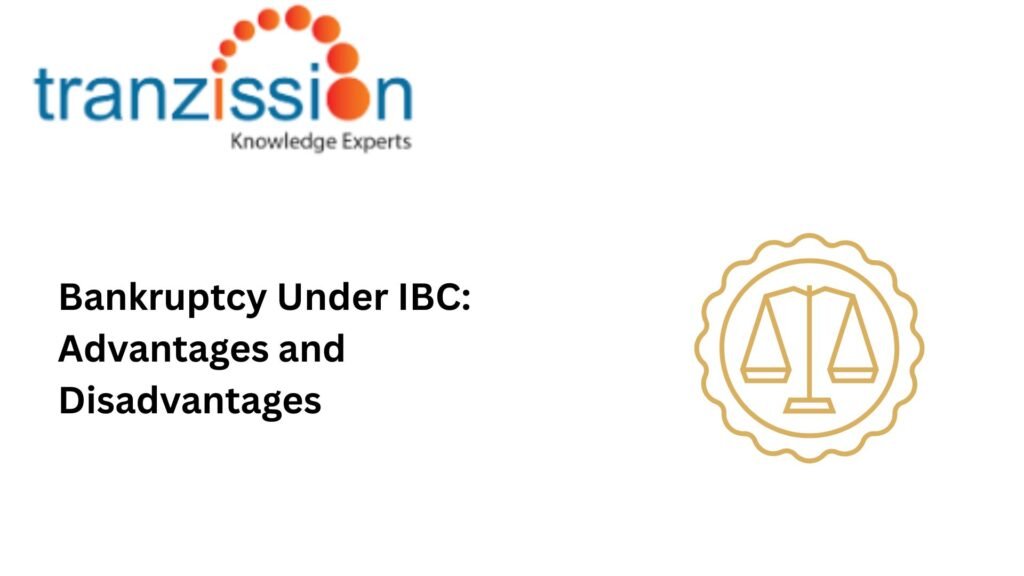Who Is Eligible For Graduate Insolvency Programme ?
The Graduate Insolvency Programme (GIP) is a specialised course offered by the Indian Institute of Corporate Affairs (IICA) at its Manesar Campus. It is one of the most competitive exams specifically for the insolvency professionals as it admits only 52 candidates all over India. The eligibility for the GIP is restricted to individuals with an […]
The insolvency law in India was transformed with the enactment of the Insolvency and Bankruptcy Code, 2016. Among the many changes, the waterfall mechanism Under IBC was introduced as a systematic manner is distributing the proceeds. This ensures that the distribution is done fairly, according to the principle of equitable treatment, and maintains a structured […]
When a corporate debtor and its creditors are involved in the resolution process under the Insolvency and Bankruptcy Code, 2016 (hereon forward known as “the Code”), it becomes necessary to have effective Communication Strategies for Creditors During a Bankruptcy to manage the complexity of the situation. Under the Code, communication is implicitly mentioned in its […]
The enactment of the Insolvency and Bankruptcy Code (IBC) in 2016 has introduced significant reforms to the insolvency framework in India. It provides an efficient mechanism for resolving distressed assets and reviving financially distressed companies. The IBC has the potential to influence mergers and acquisitions (M&A) as an attempt to revive an insolvent company. Understanding […]
Individuals and businesses facing financial distress need to make a well-informed decision of whether to undergo bankruptcy proceedings under the Insolvency and Bankruptcy Code, 2016 (hereon forward known as “the IBC”). Knowing the potential Bankruptcy Under IBC Advantages and Disadvantages is important to understand whether it is the right option for you. What Is Bankruptcy? […]
When a company or individual cannot pay their debts, they may undergo proceedings under the Insolvency and Bankruptcy Code, 2016 (IBC). This Act is related to the reorganization and insolvency resolution of corporate persons, partnership firms, and individuals in a time-bound manner. The terms insolvency vs bankruptcy are often used interchangeably, but they are distinct […]
Insolvency and bankruptcy laws were consolidated in 2016 through the Insolvency and Bankruptcy Code, 2016. Insolvency Professional Agencies was established under this act and plays a crucial role in regulating and overseeing the conduct of insolvency professionals. This ensures that professionals handling financially distressed companies maintain high ethical standards, possess the necessary expertise, and act […]
The enactment of the Insolvency and Bankruptcy Code, 2016 (the IBC) is a revolutionary legislation in insolvency law. The role of the Committee of Creditors (CoC) is crucial in the resolution process as it decides the revival or liquidation of corporate debtors. The Doctrine of Commercial Wisdom of CoC importance is underscored through landmark judgments, […]
Singapore insolvency framework is considered one of the best due to its efficient processes, well-designed mechanisms, amongst other features. Having an effective insolvency framework for debtors can promote entrepreneurship, and responsibility for risk-taking, and prevent distressed companies from closing down. On the other hand, a framework for creditors can help them to recover their debts […]
Singapore’s insolvency framework is considered one of the best due to its efficient processes, well-designed mechanisms, amongst other features. Having an effective insolvency framework for debtors can promote entrepreneurship, and responsibility for risk-taking, and prevent distressed companies from closing down. On the other hand, a framework for creditors can help them to recover their debts […]

